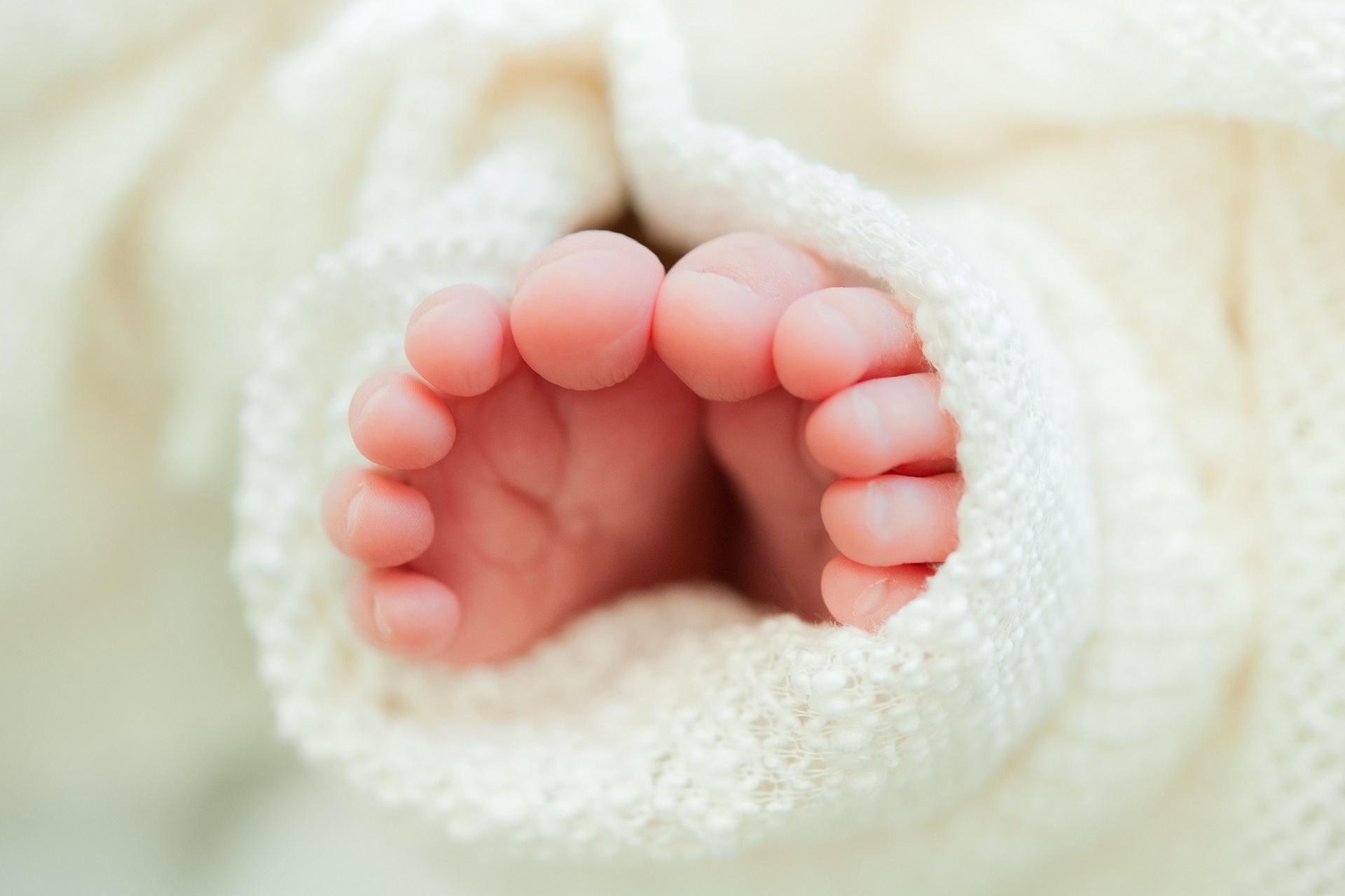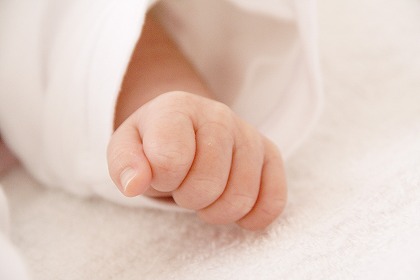
Fertility treatment in Japan during COVID-19
The Japan Society for Reproductive Medicine (JSRM) has announced that they are no longer recommending the suspension of fertility treatment until the end of the state of emergency. This will be a relief to many couples urgently seeking to have a baby.
On 1 April, JSRM had recommended that patients be given the option of delaying fertility treatment. This was because the effects of COVID-19 on the fetus, especially during early pregnancy, have not been clarified, and the possibility of transmission from the mother to the fetus is unknown.
Also, while it cannot be said that the risk of COVID-19 infection for pregnant women is especially elevated, there is a concern about the possibility of severe COVID-19 infection in pregnant women.
In addition, some drugs that have the potential to be used in the treatment of COVID-19 are assessed as being unsuitable for use by pregnant women. As such, if women succeed in becoming pregnant by means of fertility treatment but then catch COVID-19, it may be difficult to treat them. Lastly, JSRM’s original guidance was shaped by concerns about the risk of new outbreaks of infection related to medical examinations and medical procedures.
On 14 May, the state of emergency was lifted in 39 of Japan’s 47 prefectures. Eight “specified vigilance prefectures”, including Tokyo and Osaka, continue to have the emergency declaration in place for now and residents are requested to refrain from going out. Even after the lifting of the state of emergency, a gradual approach will be required that seeks to maintain a balance between preventing infection and reviving socio-economic activities.
In their updated recommendations of 18 May, the JSRM made these three points.
- To the patients who accepted postponement of infertility treatment (such as artificial insemination, in Vitro fertilization / embryo transfer, reproductive surgery), the following points should be taken into consideration with regard to resuming fertility treatment.
- Since the trend of infection differs depending on the prefecture or region, and since there is a possibility that risk of infection may differ depending on the background of patients, please decide on the resumption of fertility treatment in consultation with your doctor. There should also be full explanation and agreement about the types of infertility treatment and possibility of implementation.
- Doctors should supply appropriate medical care, taking into consideration the local medical situation regarding COVID-19.
In other words, the JSRM has shifted from a position of encouraging all Japanese women to consider delaying fertility treatment to a position of promoting case-by-case assessments.
Because of the pandemic, I know many people have been hesitating to go to the doctor’s so the number of patients has decreased a lot. This might be good in some respects because it’s a Japanese trend to go to the doctor’s even when they’ve just caught a slight cold. They might be relieved by seeing a doctor and taking medicine, but if it’s unnecessary, it just leads to a huge waste of medical expenses and resources.
However, fertility treatment is different. There is a time limit for all women to get pregnant. There must be many women who are worried about the risks of delay, even if it is just for a few months.
Although the effects of COVID-19 on the fetus have not been clarified, and the possibility of transmission from the mother to the fetus is unknown, it’s good for couples who want to have babies to have the choice of continuing fertility treatment during the crisis. People who really don’t have time to wait can go ahead.
It also affects the birth rate in Japan, which is already very low and is a big problem. This is because the number of babies born in Japan with the assistance of fertility treatment is higher than in many other countries. Specifically, one in 16 babies born in Japan is the result of IVF, whereas the figure for the US and the UK is roughly one in 50.
We might have to spend a long time to come with fear of this virus. I hope that some people won’t regret suspending fertility treatments at this time.



